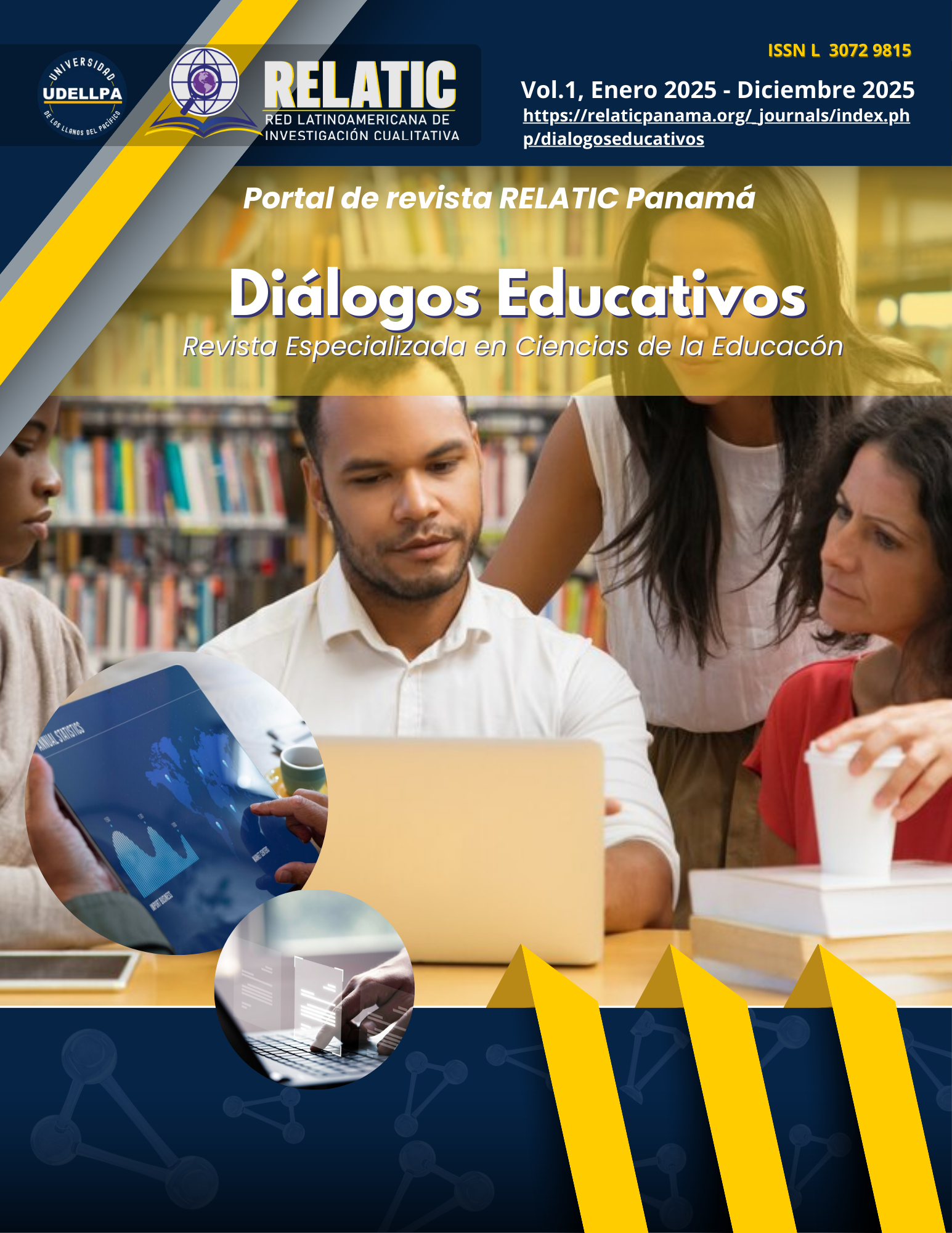Business simulation: A key for training in administrative, business and economic sciences
Main Article Content
Abstract
In an increasingly competitive and dynamic world, the training of professionals in the areas of Administration, Business and Economics must adapt to the new realities of the labor market. This study addresses the problem of the gap between theory and practice, identifying the need to develop stronger professional skills. With the aim of closing this gap, a strategic framework is proposed that promotes the use of business simulators as innovative pedagogical tools, allowing students to gain practical experience and make decisions in simulated environments that reflect the complexity of the real world.
The research is based on a qualitative methodology that involves a systematic review of the scientific literature published between 2019 and 2024. Through an exhaustive search in databases such as Scopus, Web of Science and Google Scholar, relevant studies on the impact of business simulators in Latin America were identified. The selected works were rigorously evaluated to ensure their quality and relevance with the aim of offering a complete and updated view of the subject.
The results of the study reveal that, despite the great potential of business simulations to improve the quality of education, their implementation in Latin America faces challenges such as outdated curricula, insufficient teacher training and technological limitations. However, it is concluded that, by adopting strategies such as curricular updating, continuous teacher training and investment in technological infrastructure, it is possible to overcome these obstacles and take full advantage of the advantages offered by these simulators.
Downloads
Article Details
Section

This work is licensed under a Creative Commons Attribution-NonCommercial-ShareAlike 4.0 International License.


